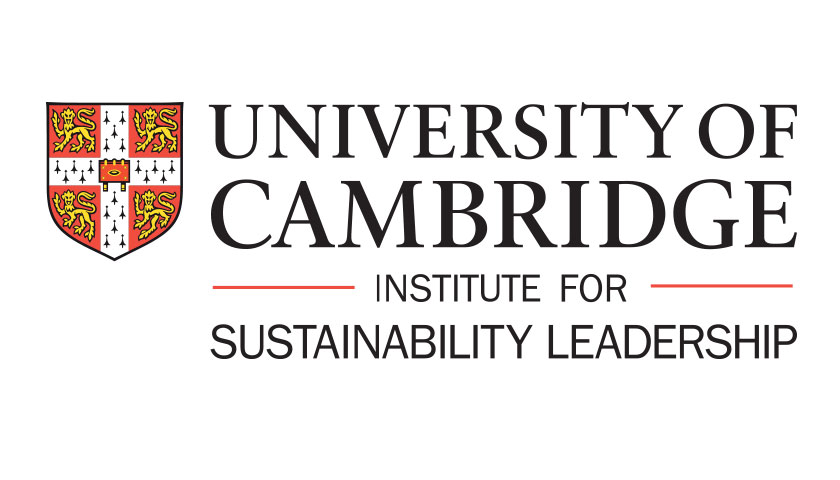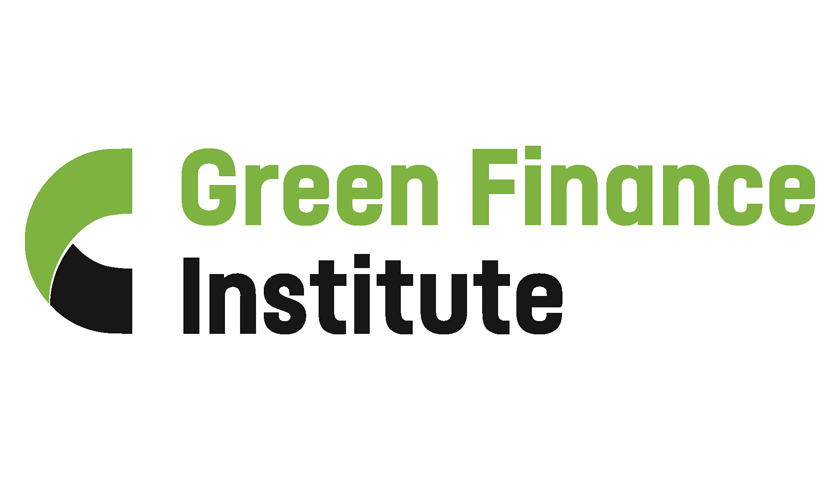In collaboration with United Nations Environment Programme Finance Initiative (UNEP FI), the University of Cambridge Institute for Sustainability Leadership (CISL) worked with a consortium of banks and investors to assist them in implementing the TCFD framework and issuing meaningful climate disclosures. The projects look to drive impacts through enhanced climate risk assessment frameworks and by client-facing staff in financial institutions being better equipped to have meaningful dialogues with real economy companies. Together, these contribute to mobilising capital towards sustainable outcomes and accelerating the transition to a net zero economy.
Bringing together the CISL ClimateWise Physical and Transition Risk Frameworks, the ClimateWise Climate Tango: Principles for integrating physical and transition climate-risk assessment with sectoral examples report outlines theoretical principles and practical steps for implementation of an integrated assessment of physical and transition risks for financial practitioners. The proposed principles and step-by-step guidance are demonstrated with sectoral analyses on aviation, coal-powered plants and offshore wind turbines. The report aims to highlight the importance of systematic and integrated approach to risk assessment and further prompt wider conversation in the field of climate risk assessment.
Building on the CISL Banking Environment Initiative’s Let’s Discuss Climate: the essential guide to bank-client engagement, the BEI’s Leadership Strategies for Client Engagement: Advancing climate-related assessments report aimed to enhance understanding and implementation of the Let’s Discuss Climate Guide and its five-phase structure to navigate and strengthen net zero financing partnerships. There was particular focus on the second phase of the Guide, looking at the processes financial institutions use to assess their client’s current position and ambitions for the future. The work is supported by case studies from financial institutions and underlines the critical role education and collaboration play as driving forces of change and innovation.
With application of sectoral approaches and contributions from UNEP FI-convened financial institutions, the publications will help increase the nuance, robustness, applicability and decision relevance of the existing research and frameworks from CISL’s Centre for Sustainable Finance.


